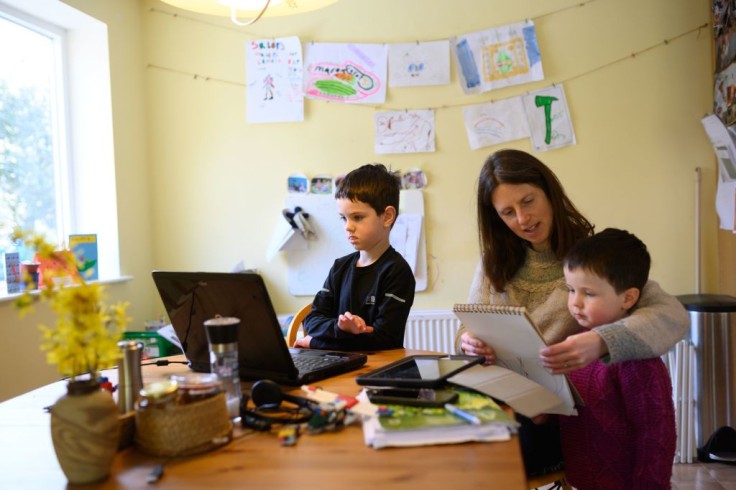
In the intricate dance of guiding your child through their academic journey, knowing how to assist with homework without completely taking the reins is a skill that many parents strive to master.
Parents could easily feel like the work assigned to their young children is too much for their age to handle. Coupled with the limited time of the parents, some could feel the need to take over for efficiency.
Unfortunately, this is not always the best way for children to learn. Apart from learning, homework also teaches the kids discipline and patience, values that are very important to be imparted at a young age.
However, some aunties, guardians, and parents could not resist leading the way in finishing the homework assigned. With that, here are some detailed homework tips for parents to better equip themselves with proper teaching strategies that are realistic and doable.
Understanding Your Role as a Guide, Not a Doer
Recognizing your role in your child's educational journey is the first critical step. It's about being there as a guiding light rather than taking control of their tasks.
This approach not only helps your child understand their homework but also nurtures essential skills like problem-solving and critical thinking.
Homework Tips for Parents
Creating a Safe, Learning-Friendly Space at Home
One of the top home tips for parents is to craft a space that encourages learning. This doesn't require a lavish setup; a quiet corner with minimal distractions will do. Make sure the space is inviting, well-lit, and equipped with all the necessary supplies, creating a little haven for concentration and learning.
Building a Consistent Homework Routine
Consistency and an effective routine are the bedrocks of effective study habits for children. Work with your child to establish a routine that suits your family's daily life. It could be setting aside time after school or after dinner. Adhering to this schedule helps your child develop responsibility and a sense of normalcy around homework.
Guiding Through Questions, Not Giving Answers
It's a common parental instinct to provide answers to our struggling children. However, this can be more hindering than helpful. Instead, guide them towards the solution. Pose questions, give subtle hints, or deconstruct the problem into smaller, more digestible parts. This method ensures they grasp the core concepts and learn to tackle similar problems independently in the future.
Balancing Study Sessions with Well-Deserved Breaks
Recognizing the need for breaks is crucial. Allowing your child short, regular intervals of rest can significantly boost focus and prevent feelings of being overwhelmed. Balance is key: mix study sessions with physical activities and downtime to promote a holistic approach to learning.
Being Informed and Involved in Their Academic Life
Having a good grasp of what your child is learning can enhance your ability to assist them. Keep in regular communication with their teachers, attend school meetings, and review the materials sent home. This understanding equips you to provide relevant and effective support.
Utilizing Educational Resources
The digital age has brought different types of resources to our fingertips. Educational websites, apps, and online tutors can offer diverse explanations and methods, sometimes better aligning with your child's learning style. Encourage your child to explore these tools; as long as they are under adult supervision, they can be invaluable supplements to their learning.
Fostering Independence
Encourage your children to be independent by letting them take the lead and engaging with them in their studies. It is also important to remind them that not getting a perfect score is still a job done fairly.
Teaching about mistakes is going to be part of their learning journey, which is essential for growth. Hopefully, these homework tips for parents could help you establish age-appropriate boundaries that will both be beneficial to you and your child.
By fostering these habits and attitudes, you're setting your child up for success, both academically and in their personal growth.
Related Article: Top 10 Educational Kids Shows That Make Learning Fun